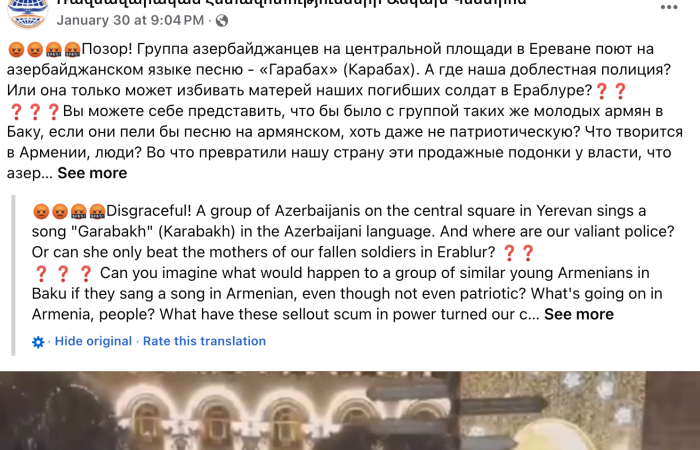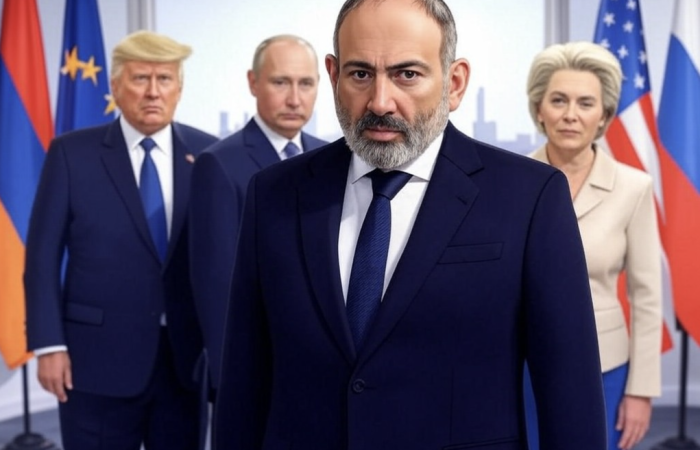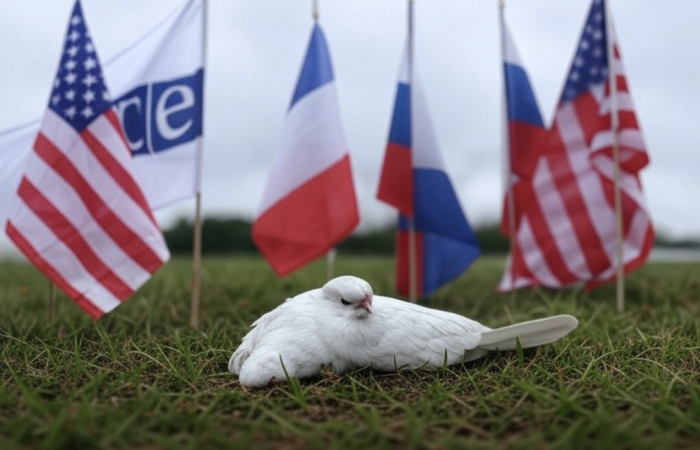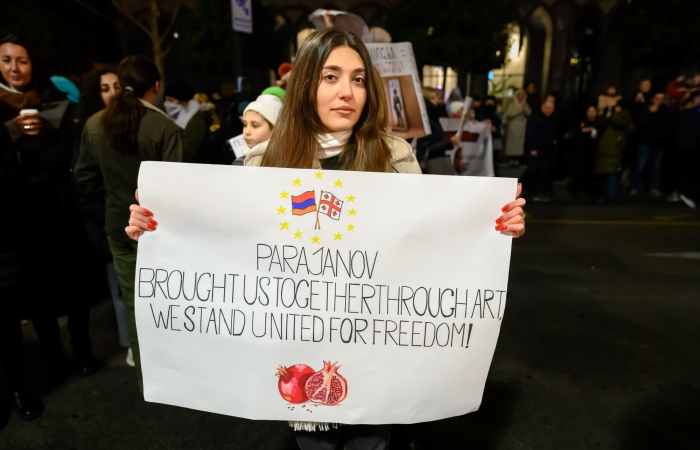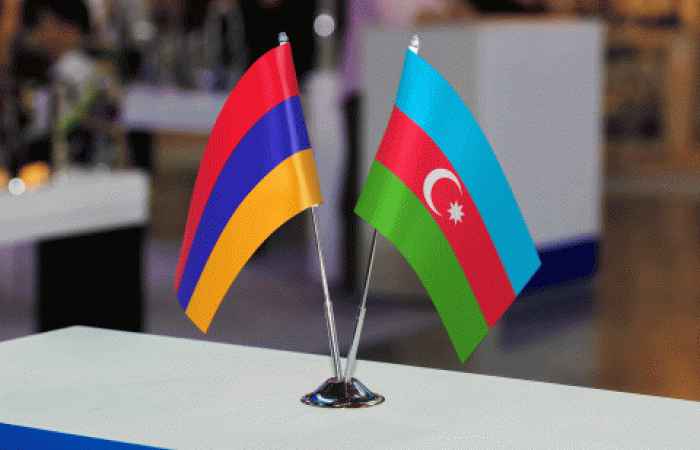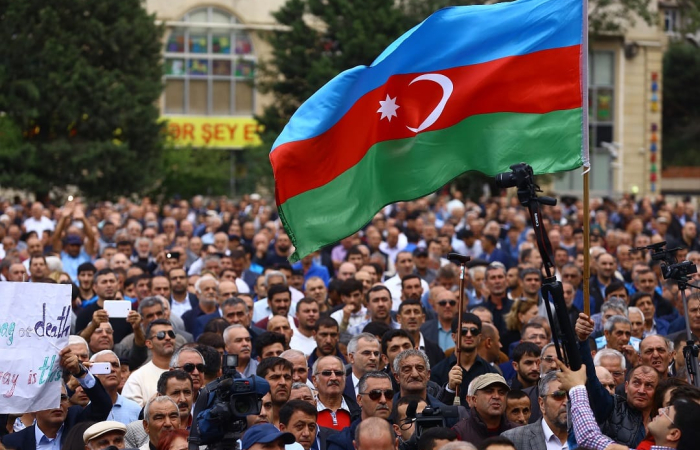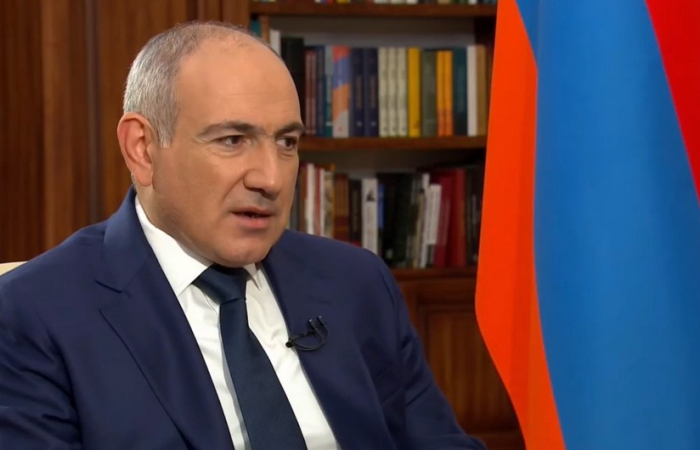Trending
Opinion: Research and Public-Private Partnerships Necessary For Any Future Armenia-Azerbaijan Border Markets
17 February 2025
Armenian passport control at the Bagratashen border checkpoint was confused and chaotic, quite unlike the experience on the other side at Sadakhlo in Georgia. Instead of the few minutes it should have taken, it took over twenty. It never had in the past. Perhaps preparations for a visit by the European Union delegation taking place just a few days later to develop a much anticipated Visa Liberalisation Action Plan (VLAP) had preoccupied them.




